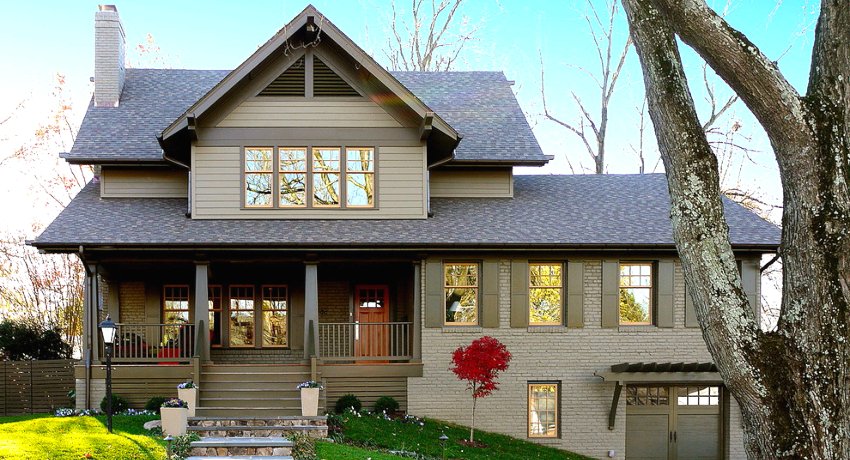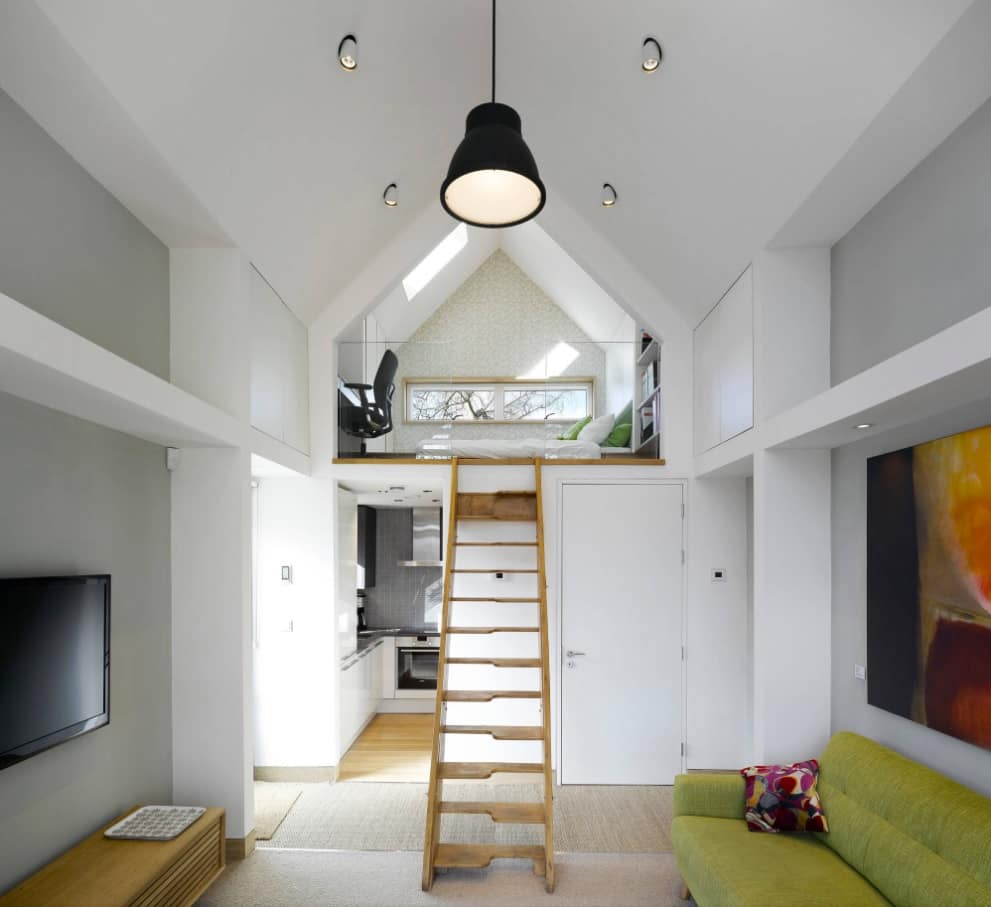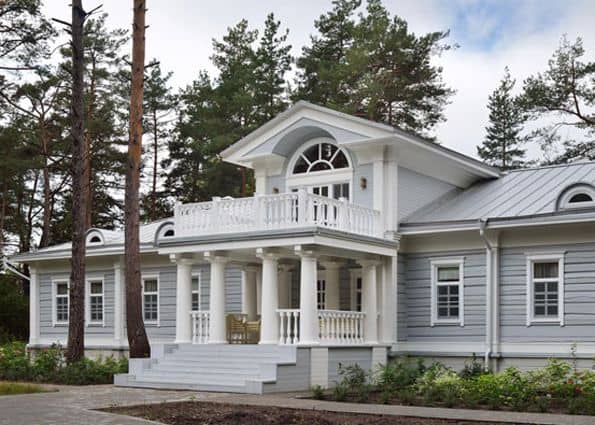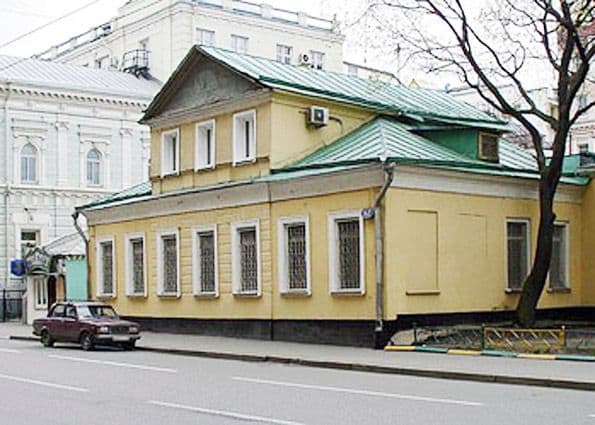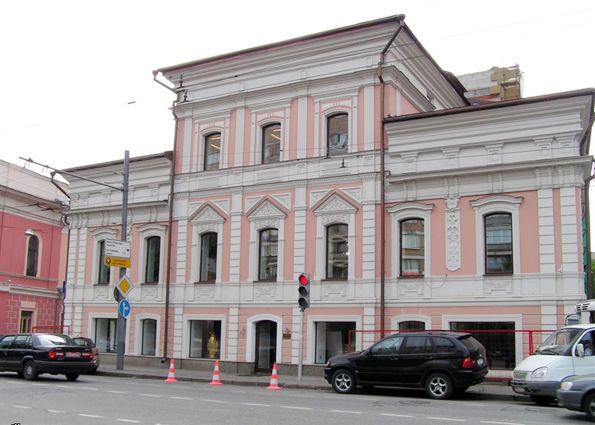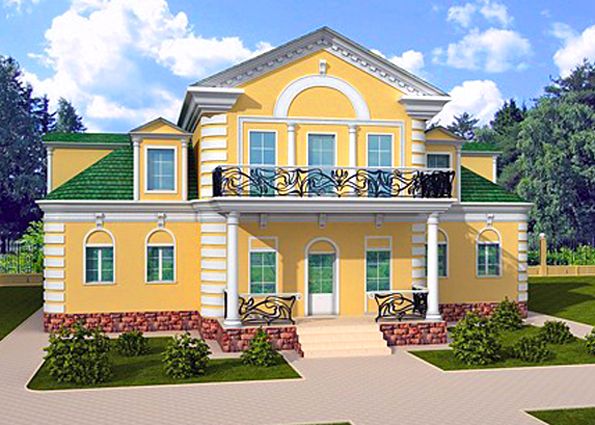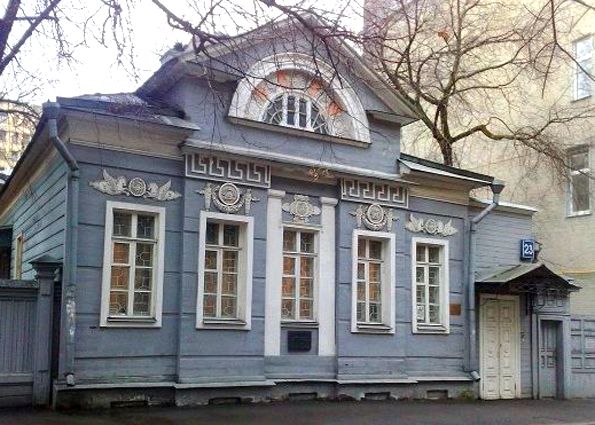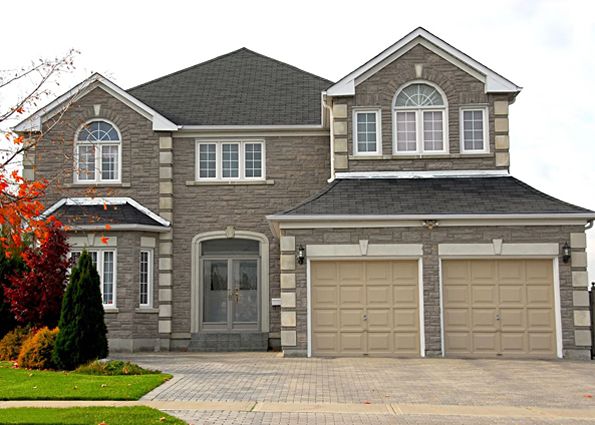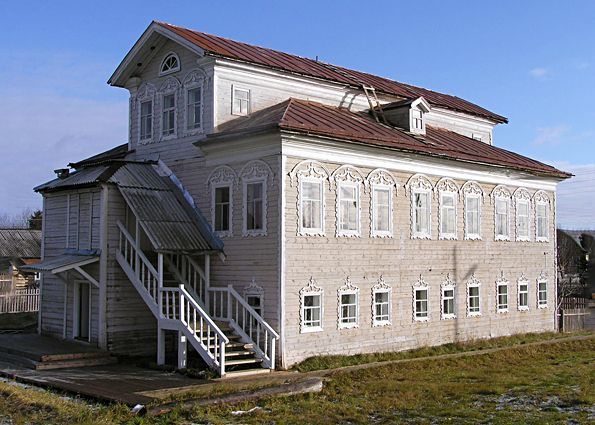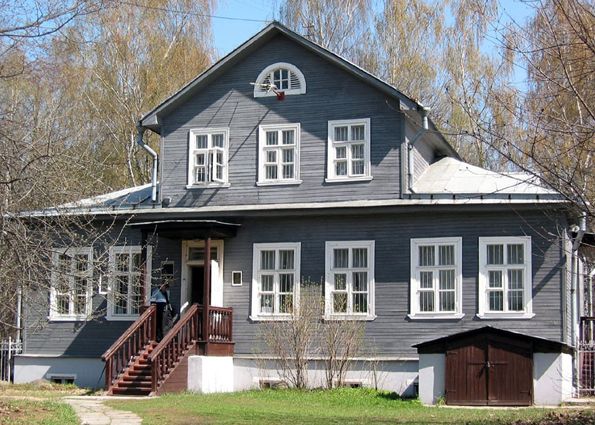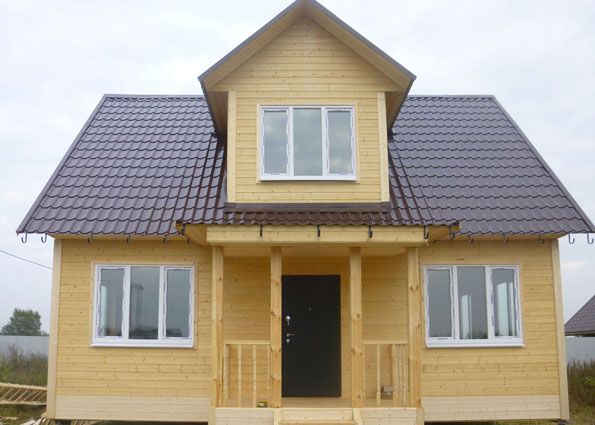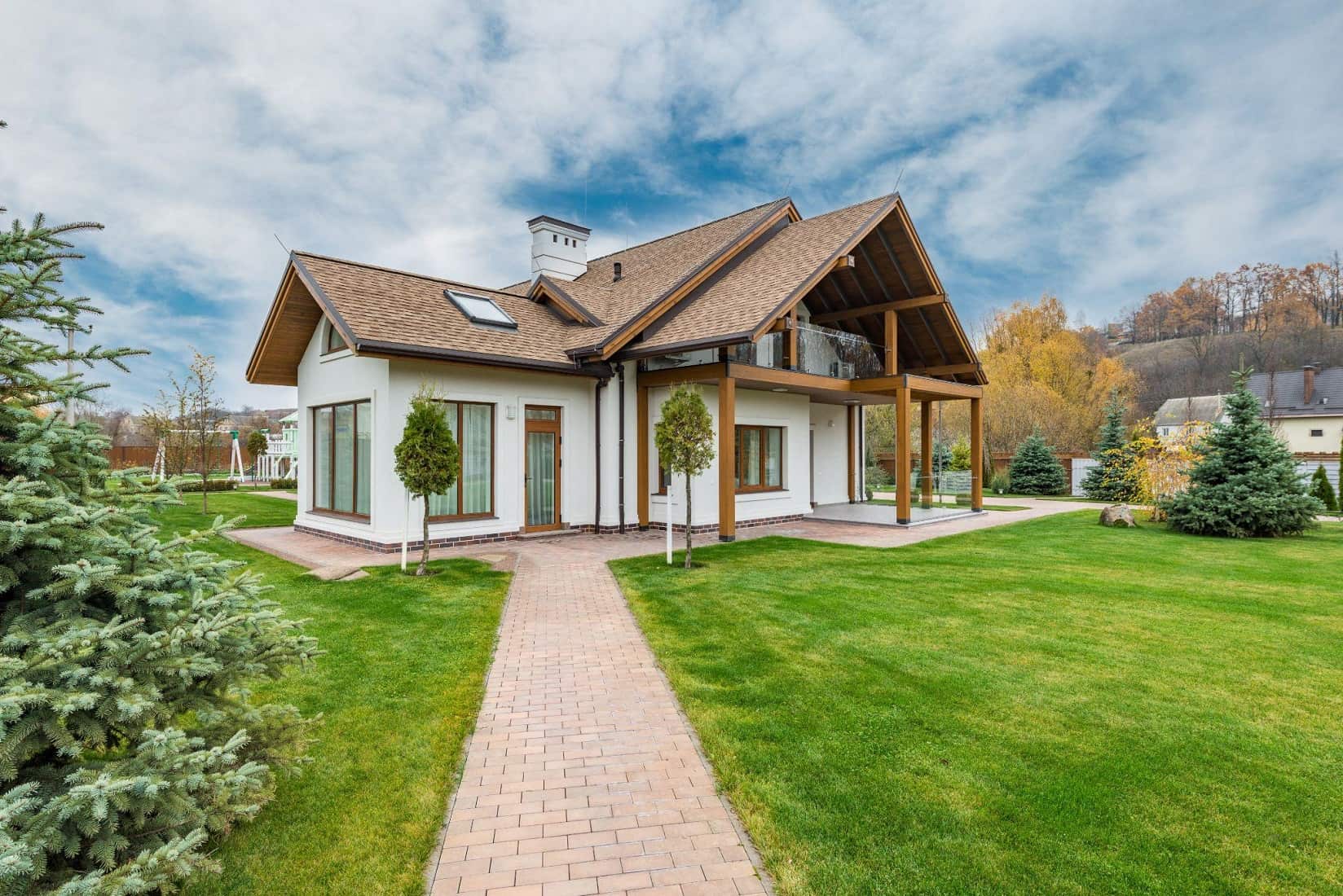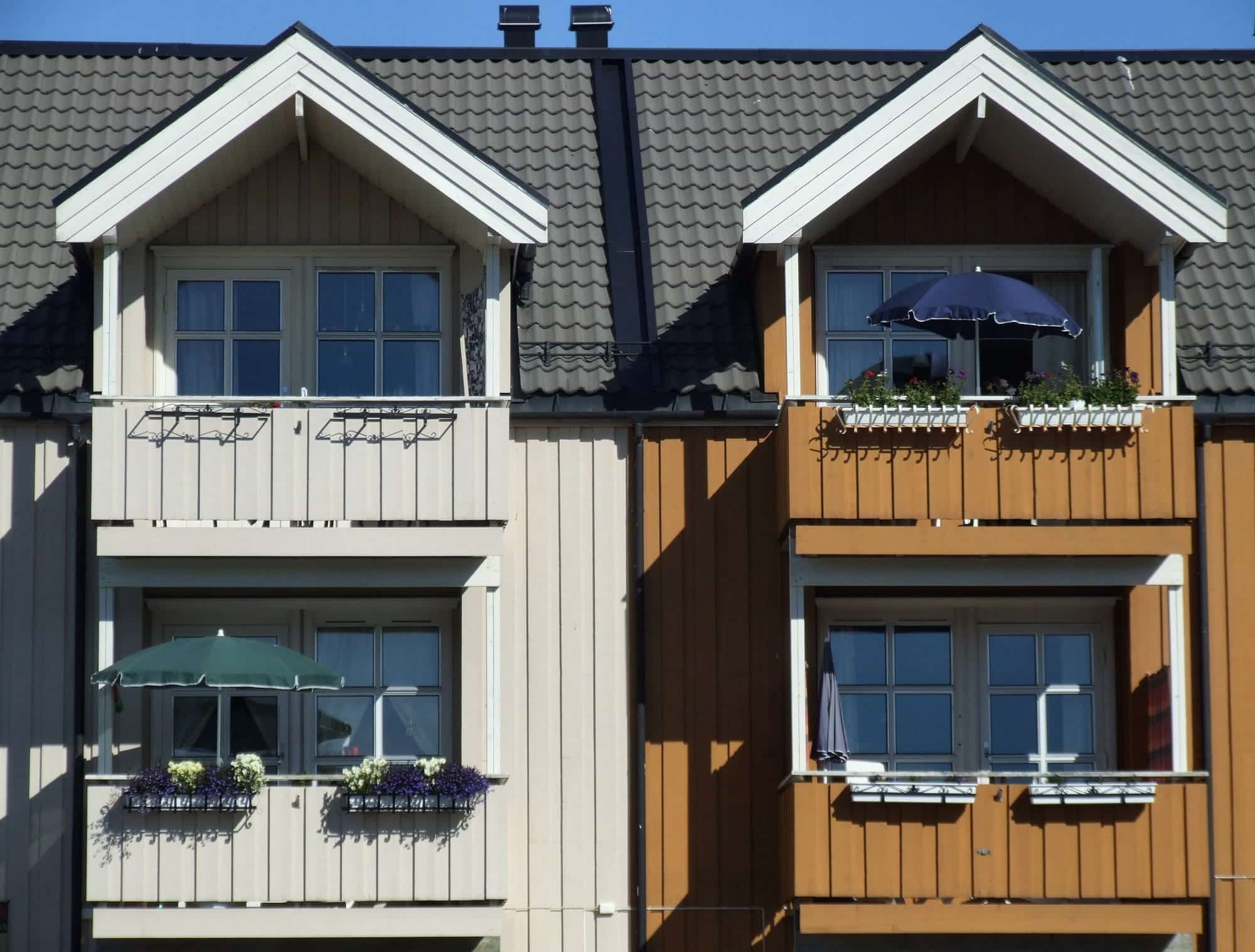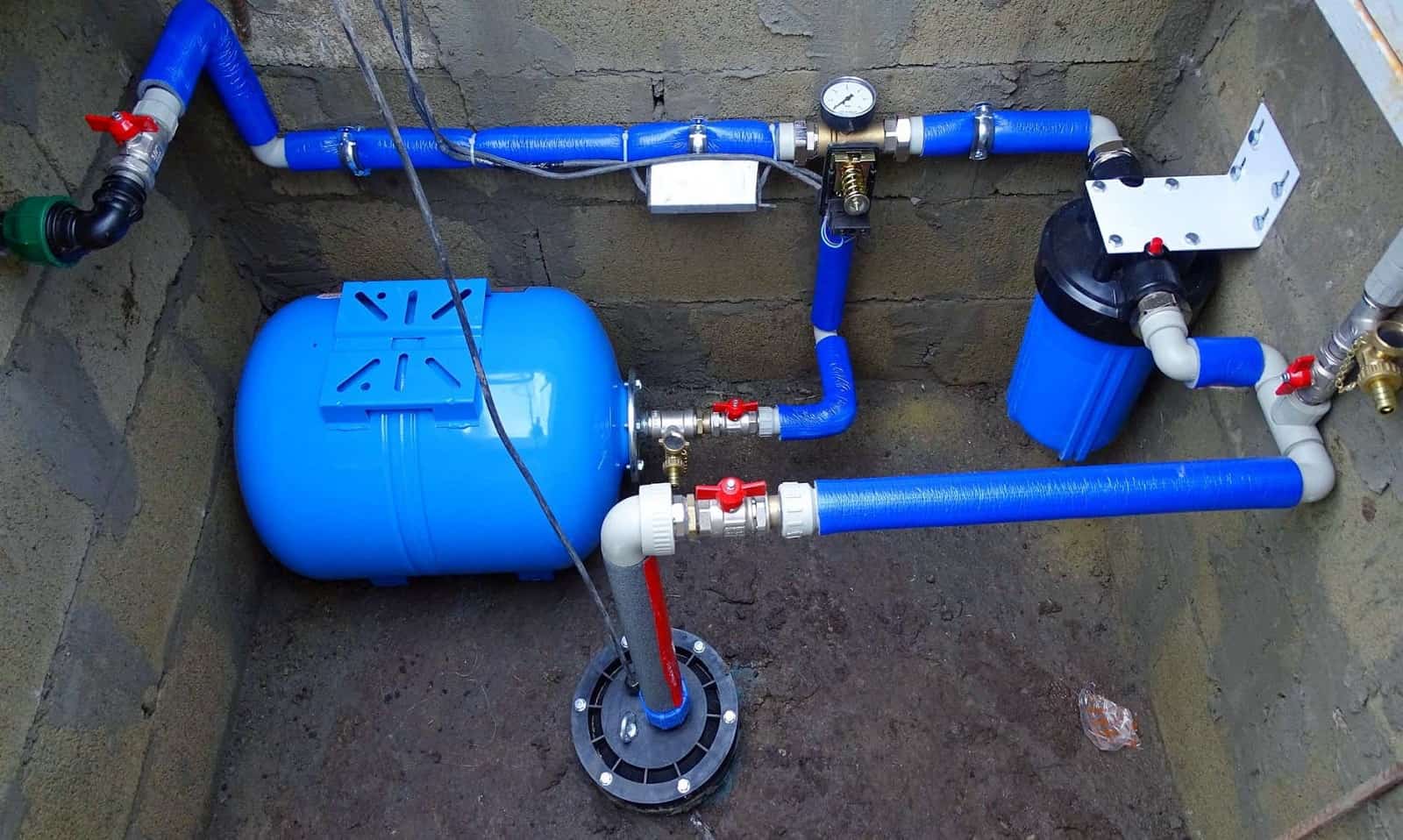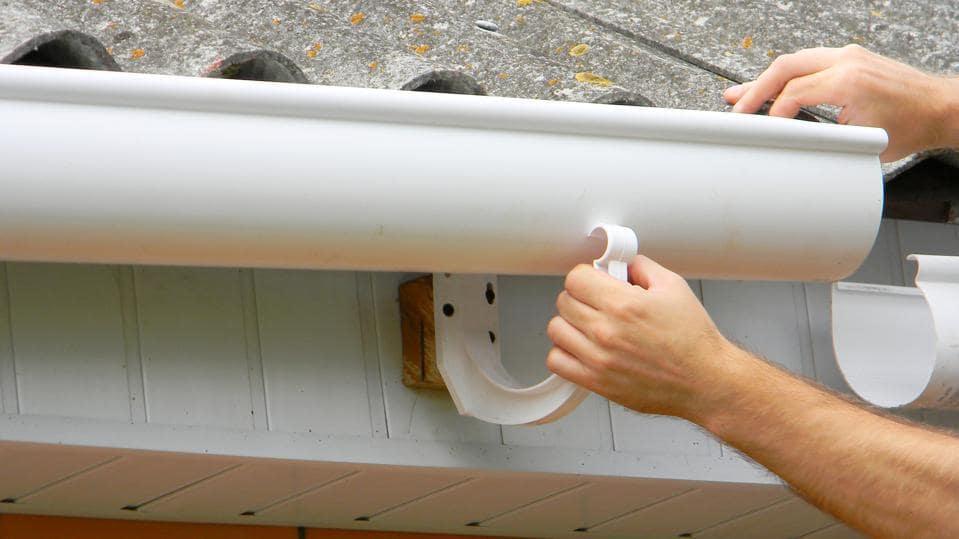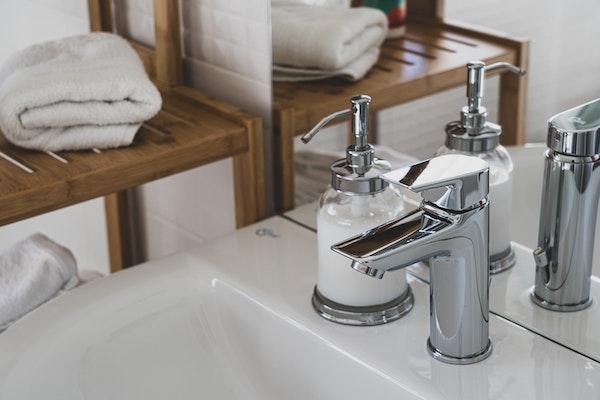The mezzanine is often confused with the attic, but structurally these are different elements of the building. The attic is a furnished loft in those houses where the rafter system makes it possible to use the area for a living room.
Content:
- Benefits of a mezzanine in construction
- Mezzanine Design
- Construction nuances
- Mezzanine Purpose
- Steps for installing a mezzanine over brickwork
A mezzanine in architecture is a superstructure above a house with its own roof. This design is often located in the central part of the house. There are a lot of configuration options for the roofing system, due to which it becomes possible to give the house personality and zest. The shape of the structure can be built in the form of a rectangle, square, hexagon, cylinder, and polyhedron. Often on the mezzanine, there is access to a balcony.
The built-in area is used as a living space or as a terrace. Often such an architectural structure is used for decorative purposes.
The use of mezzanine in construction was noted at the end of the XVII – beginning of the XIX centuries. These designs adorned the estates of landowners and nobles.
The Advantages of a Mezzanine in the Construction
- the superstructure skillfully disguises and gives additional fastening to the chimney;
- almost the entire installation is carried out through the attic, which eliminates the involvement of special equipment;
- does not give a load on the foundation;
- the usable area is limited to certain sizes, which prevents irrational energy consumption in the winter;
- households have additional space for privacy and reading;
- the window offers a beautiful view;
- the presence of such a structural element changes the appearance of the building, giving it sophistication and presentability.
Nevertheless, you can arrange a mezzanine already at the finished house. It is noteworthy that for alteration it will not be necessary to amend the documents. There is no need to obtain new official permits.
There are different nuances in the construction of this structure, so it is better to entrust the installation to specialists. The weak point in the add-in is adjacent to the roof places. Leaks are possible at the joints. But with proper installation, such troubles are completely eliminated.
Mezzanine Design
The mezzanine has a different configuration not only of the structure but also of the roof. It can be pent and multi-tiered. If you use a combination of several types of roofs, you get a rather interesting architectural solution.
Also, large windows are a characteristic feature. This provides good access to natural light in the room and the creation of a comfortable microclimate. A balcony with a protruding or built-in design gives a special charm to the building.
Luckily, a large amount of materials is not required for the construction of the mezzanine, so it is considered superfluous to strengthen the supporting walls and the foundation.
Construction Nuances
The dimensions of the superstructure are comfortable and acceptable in operation:
- the height of the side walls should be at least 1.5 m;
- the height of the room in the center is within 2-2.5 m.
Mezzanines are sometimes erected over garages. In these cases, it is rational to set the entrance on a separate staircase from the street.
The formation of the built-up roofing plays an important role in the arrangement of the superstructure. To shelter the roof, materials resistant to ultraviolet and temperature extremes are used.
The use of gypsum boards has become popular lately. They have good indicators of thermal conductivity, noise absorption. Among other characteristics:
- fire resistance,
- long operational period,
- resistance to microbiological processes.
Additionally, to prevent the formation of humidity in the superstructure, we recommend equipping the room with ventilation.
Mezzanine Purpose
The additional area can be used for various purposes:
- for the library;
- children’s room;
- playground;
- workshop;
- bedroom;
- study;
- terrace, etc.
Building Steps
Steps for installing a mezzanine over brickwork:
- On the upper row of masonry, mount a reinforced concrete monolithic belt with the mandatory installation of threaded rods.
- Cover the surface of the hardened concrete with two layers of roofing material to create a waterproofing.
- To reveal the details of wood for the construction of the frame for the mezzanine.
- Treat wood with antiseptic and flame retardant.
- On top of the laid roofing material, fix wood on the threaded rods of the bars. Tighten joints with nuts.
- Saw the spikes at the ends of the frame racks. Grind rough spots with a grinder.
- In the bars of the lower harness, make nests under the racks of the frame.
- Install the racks in the slots and secure them with the jibs.
- Make the strapping at the top racks.
- Align the frame walls vertically with large clamps.
- Put the flooring beams on the deck of thin boards.
- Install the rafters to the upper beam.
- Tuck in the skate bars to the inner peaks of the rafter system.
- To reduce the spread of freely installed rafter pairs, install tightening bolts.
- Paint over all wooden elements with protective impregnation (like Vidaron, Pinotex, etc.).
- Sheathe the walls of the frame.
- Lay the layers of the built-up roof.
- Install doors and windows.
- Seal all joints with the main roof structure.
The work ends with facing the external walls and finishing the internal surfaces of the room.

